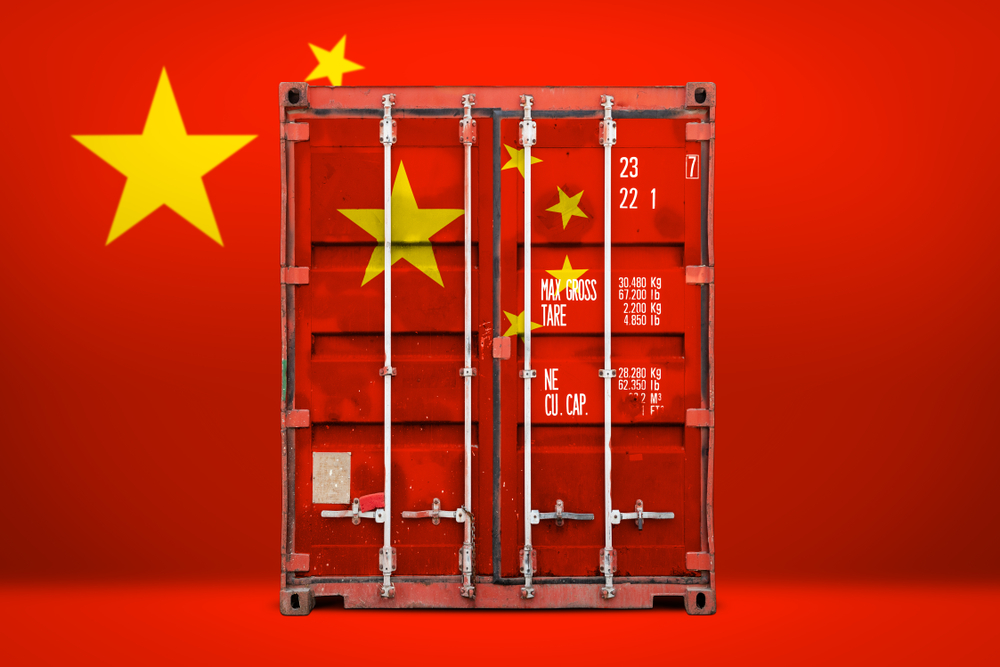Japanese drugmaker Eisai Co. Ltd. plans to release its drug for Alzheimer’s disease (AD) Leqembi in China later this year, while it anticipates a much quicker growth in 2025 due to changes in diagnosis processes.
A spokesperson for the company said they expect to begin distributing the groundbreaking drug in the country by September and estimates 1,500 patients would have received Leqembi by March next year. The forecasts were curbed due to China’s diagnostic capabilities.
China is one of the world’s rapidly aging countries and one of the most crucial countries in the segment of AD for Eisai, according to the spokesperson, adding that Leqembi has a significant growth potential in the country.
The Tokyo-based pharma also expects simpler blood testing method for Alzheimer’s next year to aid in its aim to further reach China’s about 17 million people living with mild cognitive impairment or early AD.
Eisai sees the sales of its AD treatment could rise significantly in 2025, driven by the projected launch of blood testing to examine the presence of amyloid in a patient’s brain instead of a positron emission tomography (PET) scan or lumbar punctures (LPs), which can only be done by medical specialists.
Analyst Hidemaru Yamaguchi stated that blood tests may gain significant interest if treating AD can be proven feasible based on the method alone.
Yamaguchi has no sales forecasts for China, but he expects a peak of Leqembi overseas sales, excluding Japan and the US, in 2030 at ¥126 billion ($1.08 billion).
Eisai’s drug, which minimizes beta-amyloid in the brain and mitigates the cognitive and functional drop in people with early-stage AD, received a nod from China in January.
Indianapolis-based pharma company Eli Lilly and Co. has also filed an application for a similar drug it is creating, known as donanemab, in the country. The firm is currently conducting trials of its treatment on 1,500 participants in China, Taiwan, South Korea, and the European Union (EU).
Eisai’s Leqembi May Boost China’s AD Treatments
Leqembi is the first treatment confirmed to reverse the progression of such a severe brain disorder. Along with its US biotech partner Biogen Inc., the Eisai has already launched Leqembi at home and in the US, while the drug remains subject to review in Europe.
In clinical tests, the treatment, which was received by participants as an antibody intravenous (IV) infusion therapy twice a month, was found to have slowed the development of Alzheimer’s by 27% for volunteers with the earliest stages of the disease.
AD expert Dr. Liu Zhou stated that the effects of current AD treatments in China are limited, and Eisai’s trial results offer substantial hope for patients.
According to a 2022 report, China continued to see low rates of AD diagnosis and treatment while the number of medical specialists and efforts of public awareness in the country were curbed.
Experts have said China has been increasing imaging capacity. German healthcare company Siemens Healthineers, an imaging equipment seller in China, stated that the country’s molecular imaging has climbed over 45% in the last four years.











